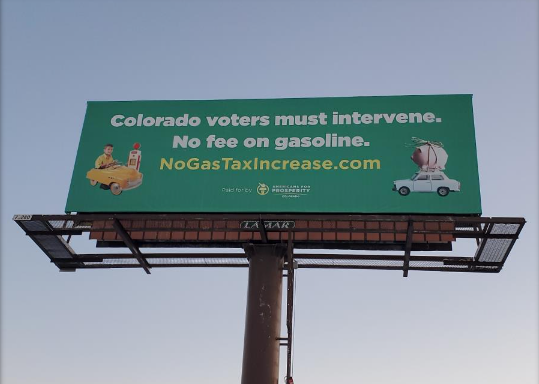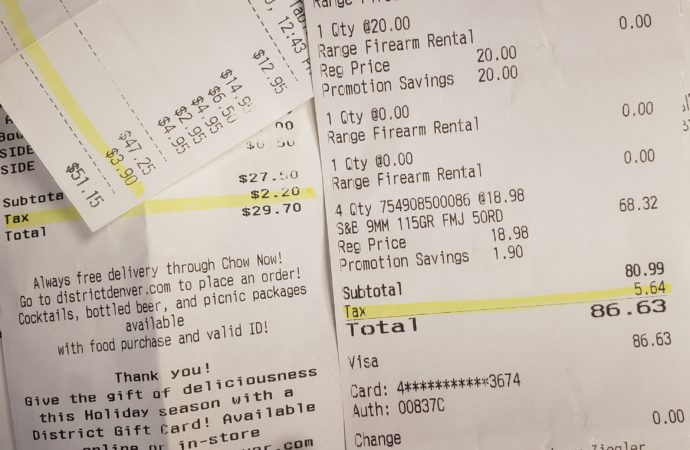 By Christine Burtt, TABOR Foundation Board Member
By Christine Burtt, TABOR Foundation Board Member
4/13/2021
There are several onerous pieces of legislation in Colorado this year that will negatively impact your standard of living, if not your way of life.
Here are three notable examples.
- HB21-1083, the so-called “Don’t dare to challenge the government’s valuation on your home” bill, was designed to create a chilling effect on homeowners questioning the assessment that calculates their property tax.
The bill, which has been signed into law by Governor Polis, was initiated by the Colorado Assessors. It changes existing law that prevented a county assessor from raising taxes on a property if the homeowner challenged an assessment. The previous law gave homeowners an appeals process if they believed their property had been assessed at a value higher than was warranted.
, with the new law, if you challenge the valuation set by the county assessor, the assessor may keep the valuation as stated, or may even increase your property tax. It won’t go down. Continue reading








